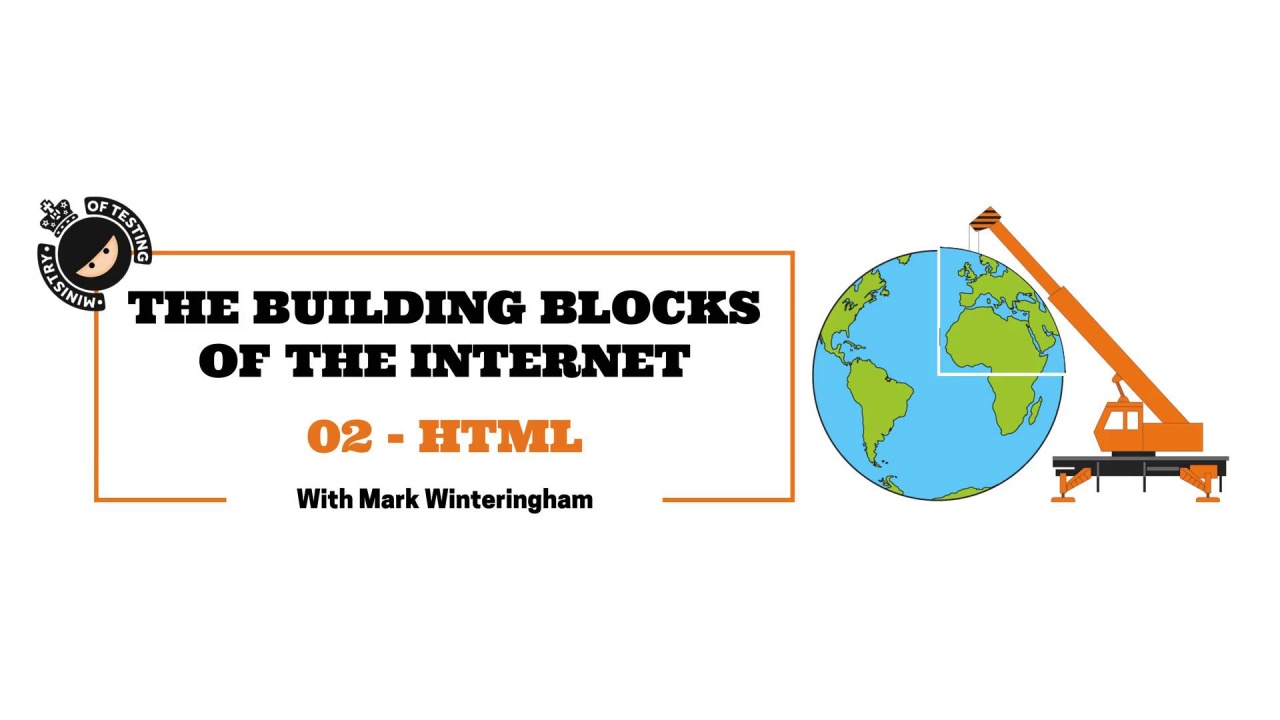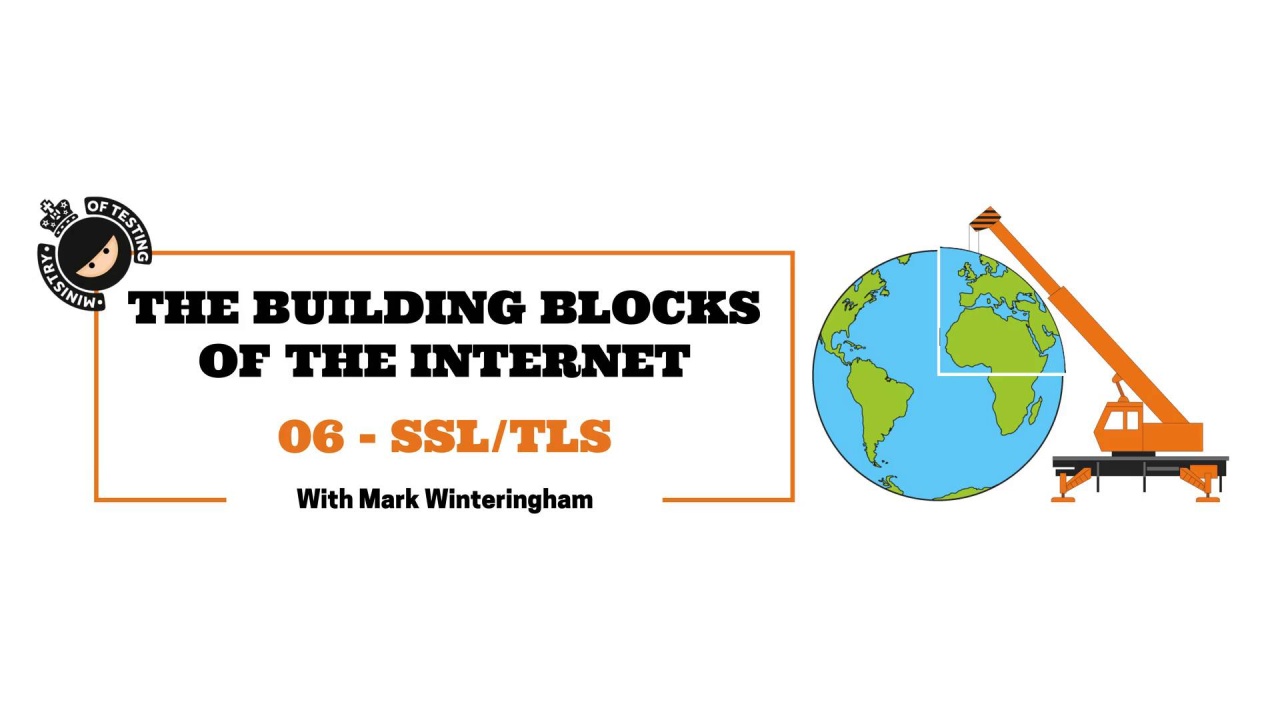The Building Blocks of the Internet
Learn the fundamental technologies that make up websites and web pages
-
-
- Beginner
- 6
- 9
- 7
342 already enrolled
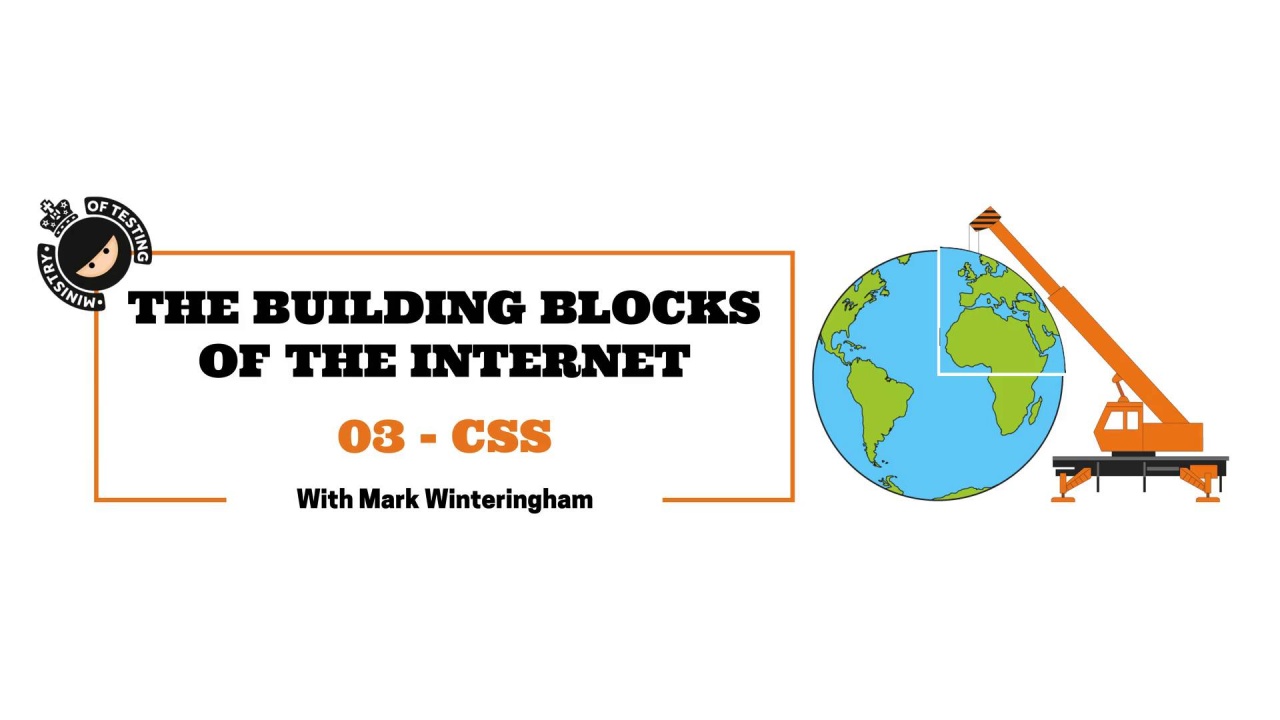
CSS
- Explain how CSS is responsible for the styling of a web page
- Distinguish locations where CSS rules are stored for a web page
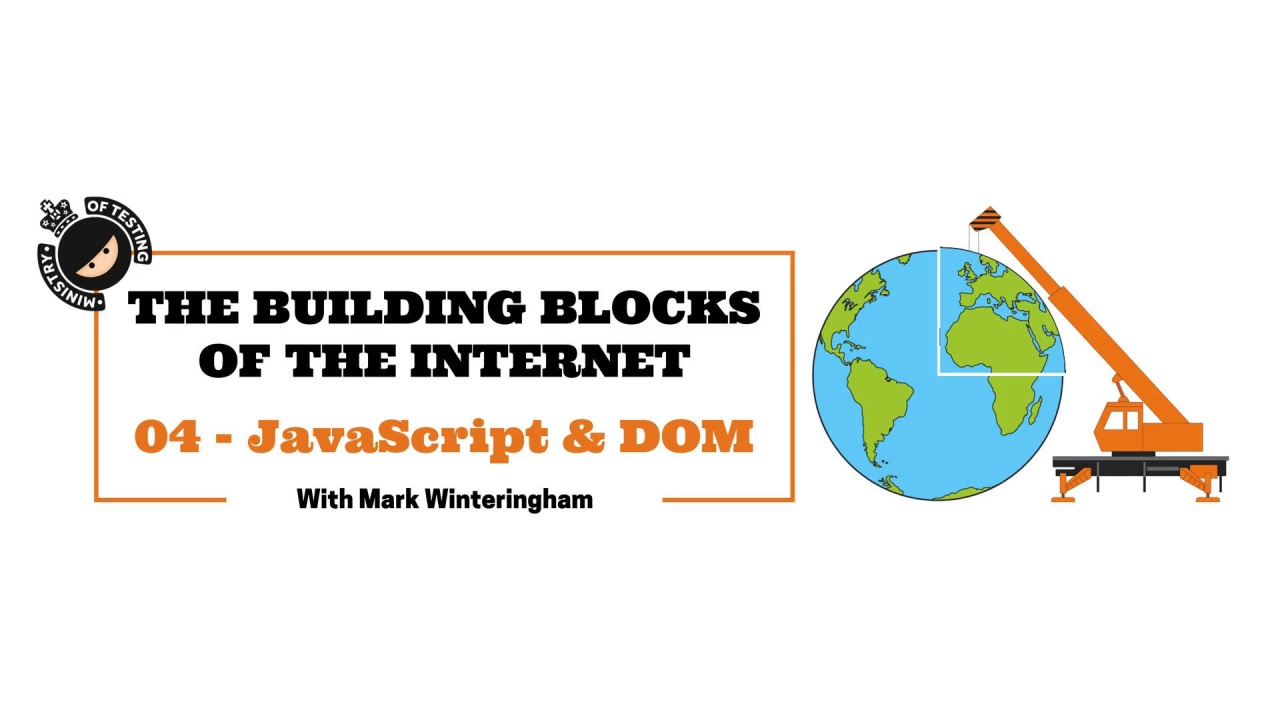
JavaScript and DOM
- Explain what JavaScript and the Document Object Model is
- Explain how JavaScript works
- Decide which tools to use to view and manipulate

Protocols
- Define the basics of the internet protocol suite and how protocols sit on top of it
- Describe what protocols are and the different types of protocols that exist
- Explain how HTTP is a fundamental part of the Web
Welcome to the Building Blocks of the Internet, a seven-part course that looks at the fundamental technologies that make up websites and web pages. This course gives those who are new to web technologies an introduction to the following:
- HTML
- CSS
- JavaScript
- Network protocols focussed on HTTP
- Network protocol security
You will learn what these technologies are, how they work and how to test them. So you can:
- Work with these technologies to build your own testing project.
- Quickly analyse web pages and test individual parts of a site.
- Understand the underlying principles of the web that are used not just for web pages but in popular automation tools such as Selenium WebDriver.
Resources you'll use throughout this course:
- Atom: a text editing tool.
- JS Bin: A live pastebin for HTML, CSS & JavaScript and a range of processors.
- WC3 Validator: This validator checks the markup validity of web documents.
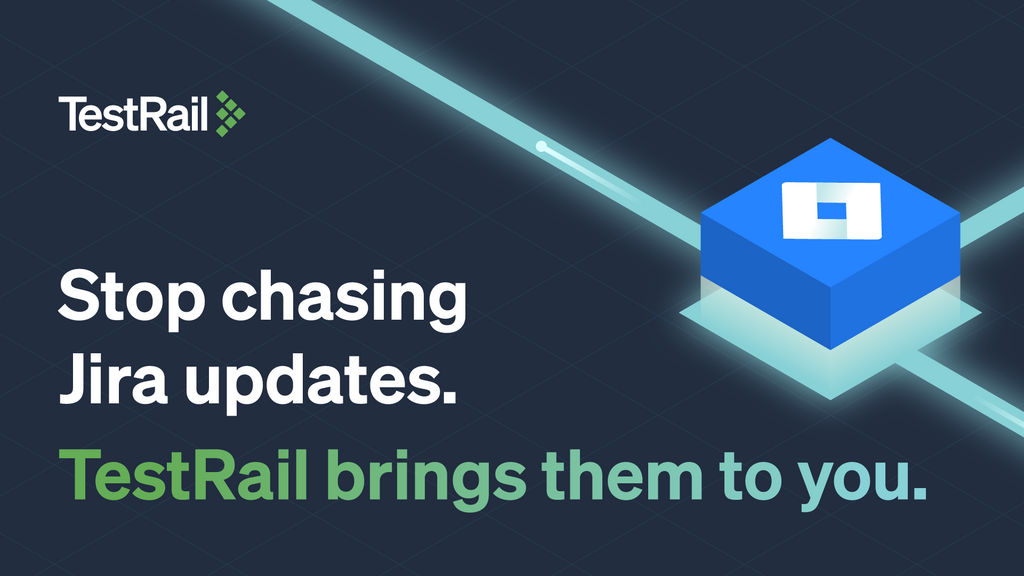
Jira Issue Connect brings live, real-time Jira data directly into TestRail, eliminating tab-switching and stale fields.
Explore MoT

Thu, 19 Feb
In this webinar, Parasoft experts will discuss what to look for when selecting an AI-powered API testing solution.

Learn how to dig deeper into the Web with the use of Devtools

Into the MoTaverse is a podcast by Ministry of Testing, hosted by Rosie Sherry, exploring the people, insights, and systems shaping quality in modern software teams.
Mark Winteringham
Tester, Toolsmith, Author and Instructor
Mark Winteringham is a tester, toolsmith and author of AI-Assisted Testing and Testing Web APIs, with over ten years of experience providing testing expertise on award-winning projects across a wide range of technology sectors, including BBC, Barclays, UK Government and Thomson Reuters.
He is an advocate for modern risk-based testing practices and trains teams in Automation, Behaviour Driven Development and Exploratory testing techniques. He is also the co-founder of Ministry of Testing Essentials a community raising awareness of careers in testing and improving testing education.
You can find him on Twitter @2bittester or at mwtestconsultancy.co.uk
